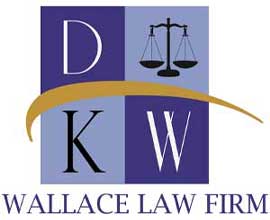Most consumers carry some sort of debt, whether that be in the form of a vehicle loan, a mortgage or a credit card account. As such, married couples commonly share some debt with accounts opened in both spouses’ names.
When a couple chooses to get a divorce, their shared debt as well as their shared assets must be addressed during their property settlement discussions. The decisions they make may impact them long after their divorce completes.
Debt accounts and names on accounts
After a couple agrees how they will apportion responsibility for their joint debts, the terms of their agreement may be outlined in their divorce decree. While important, the divorce decree may not fully protect each spouse against future collection efforts or other issues based on the actions, or lack thereof, of their former partner.
As explained by Bankrate, when both spouses’ names remain on a credit account despite the repayment agreement detailed in the divorce decree assigning responsibility to one party, the creditor may still view both people as responsible for the debt. When a person identified as the one to repay a certain debt fails to do so, the creditor may attempt to collect from the other spouse. Negative marks may appear on both spouses’ credit reports as well.
Joint mortgages and keeping the house
When it comes to a joint mortgage, Rocket Mortgage indicates that when one spouse wants to keep a family home after a divorce, refinancing to get a new mortgage in their name only may be wise. This eliminates the other person’s responsibility for the home loan.


